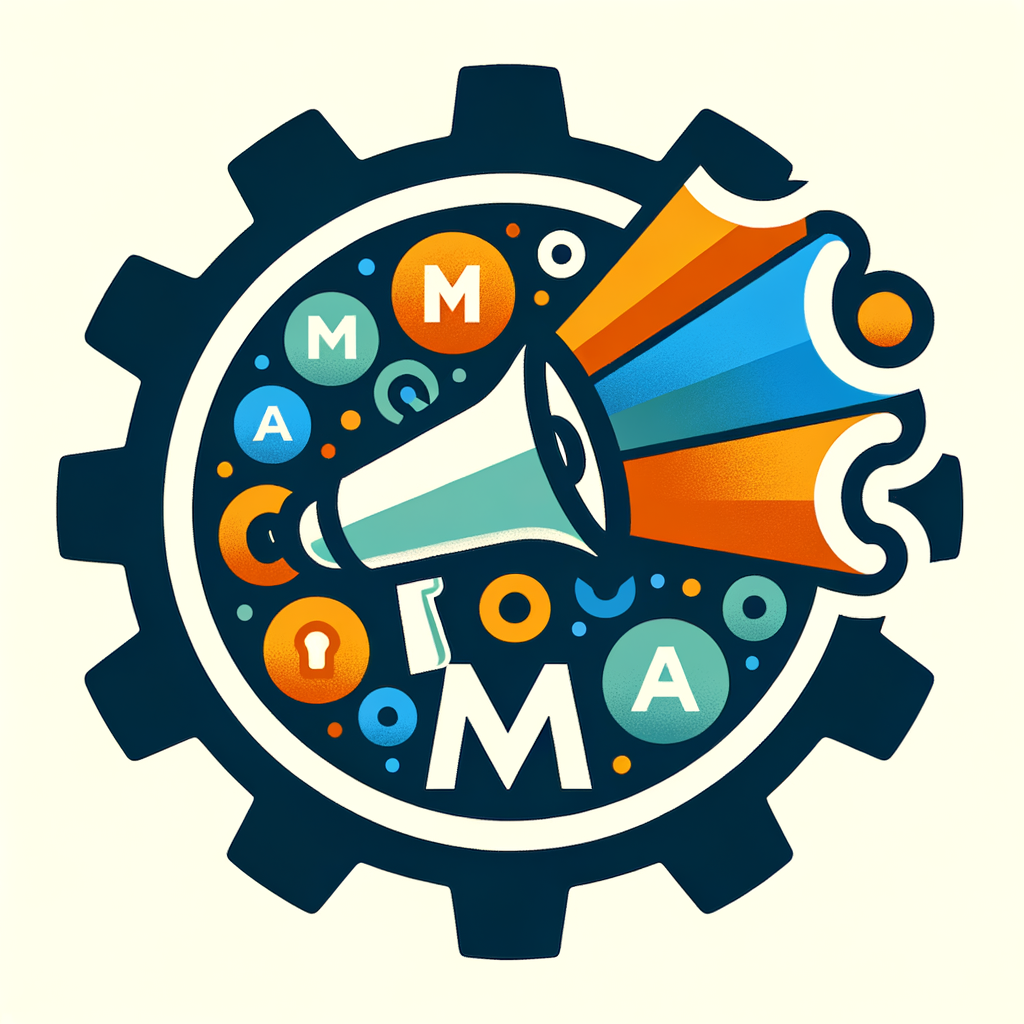What exactly are marketing automation tools, and how can they benefit your business? Marketing automation tools are software platforms designed to streamline and automate various marketing tasks, from lead generation and nurturing to campaign management and analytics. These powerful tools have become essential for modern marketers, enabling them to work more efficiently, deliver personalized experiences, and ultimately drive better results.
Key Takeaways:
- Marketing automation tools automate repetitive marketing tasks, saving time and resources.
- They enable lead nurturing through targeted, personalized communication.
- Campaign management features help plan, execute, and track marketing campaigns.
- Analytics and reporting capabilities provide insights into campaign performance and customer behavior.
- Integration with other systems, such as CRM and email marketing tools, enhances functionality.
- Marketing automation tools can improve lead generation, conversion rates, and customer engagement.
Lead Management and Nurturing
One of the primary functions of marketing automation tools is lead management and nurturing. These tools allow you to capture and organize leads from various sources, such as website forms, social media, and events. Once leads are in the system, you can segment them based on specific criteria, such as demographics, behavior, or interests. This segmentation enables you to deliver targeted, personalized content and messaging to each lead, nurturing them through the buyer’s journey.
Campaign Management
Marketing automation tools provide robust campaign management capabilities, allowing you to plan, execute, and track various marketing campaigns. You can create multi-channel campaigns that span email, social media, landing pages, and more. These tools also offer templates and drag-and-drop builders, making it easier to create professional-looking campaigns without extensive design or coding skills.
Email Marketing
Email marketing is a core component of marketing automation tools. These platforms offer advanced email marketing features, such as email list management, email templates, A/B testing, and detailed analytics. You can create automated email workflows that trigger based on specific actions or behaviors, ensuring that your leads and customers receive relevant and timely communications.
Lead Scoring and Prioritization
Marketing automation tools often include lead scoring and prioritization capabilities. Lead scoring allows you to assign a numerical value to each lead based on their interactions, behaviors, and demographic information. This score helps you identify which leads are most engaged and sales-ready, enabling your sales team to prioritize their efforts and focus on the hottest leads.
Analytics and Reporting
Comprehensive analytics and reporting are essential for measuring the success of your marketing efforts and making data-driven decisions. Marketing automation tools provide detailed insights into campaign performance, lead behavior, and customer engagement. You can track metrics such as open rates, click-through rates, conversion rates, and revenue generated, allowing you to optimize your strategies and maximize ROI.
Integration with Other Systems
Marketing automation tools typically integrate with other systems, such as Customer Relationship Management (CRM) platforms, email marketing tools, and web analytics tools. These integrations enable seamless data sharing and workflow automation, ensuring that your marketing and sales teams have access to the most up-to-date and accurate information about leads and customers.
Automation and Workflows
At the core of marketing automation tools is the ability to automate repetitive tasks and create complex workflows. You can set up automated processes for tasks like lead nurturing, email follow-ups, lead assignment, and more. These workflows can be triggered by specific actions or behaviors, ensuring that your leads and customers receive timely and relevant communications without manual intervention.
Personalization and Dynamic Content
Personalization is key to delivering engaging and relevant experiences to your audience. Marketing automation tools allow you to personalize content based on various factors, such as lead or customer data, behavior, and preferences. You can dynamically insert personalized elements, such as names, locations, or product recommendations, into your emails, landing pages, and other marketing materials.
Marketing automation tools have become indispensable for modern marketers, offering a wide range of features and functionality to streamline processes, deliver personalized experiences, and drive better results. By leveraging these powerful tools, you can save time, improve lead generation and conversion rates, and ultimately grow your business more effectively.
Remember, marketing automation is an ongoing process that requires continuous optimization and adaptation. Stay up-to-date with the latest trends and best practices, and don’t hesitate to explore new features or integrations that could further enhance your marketing efforts.

